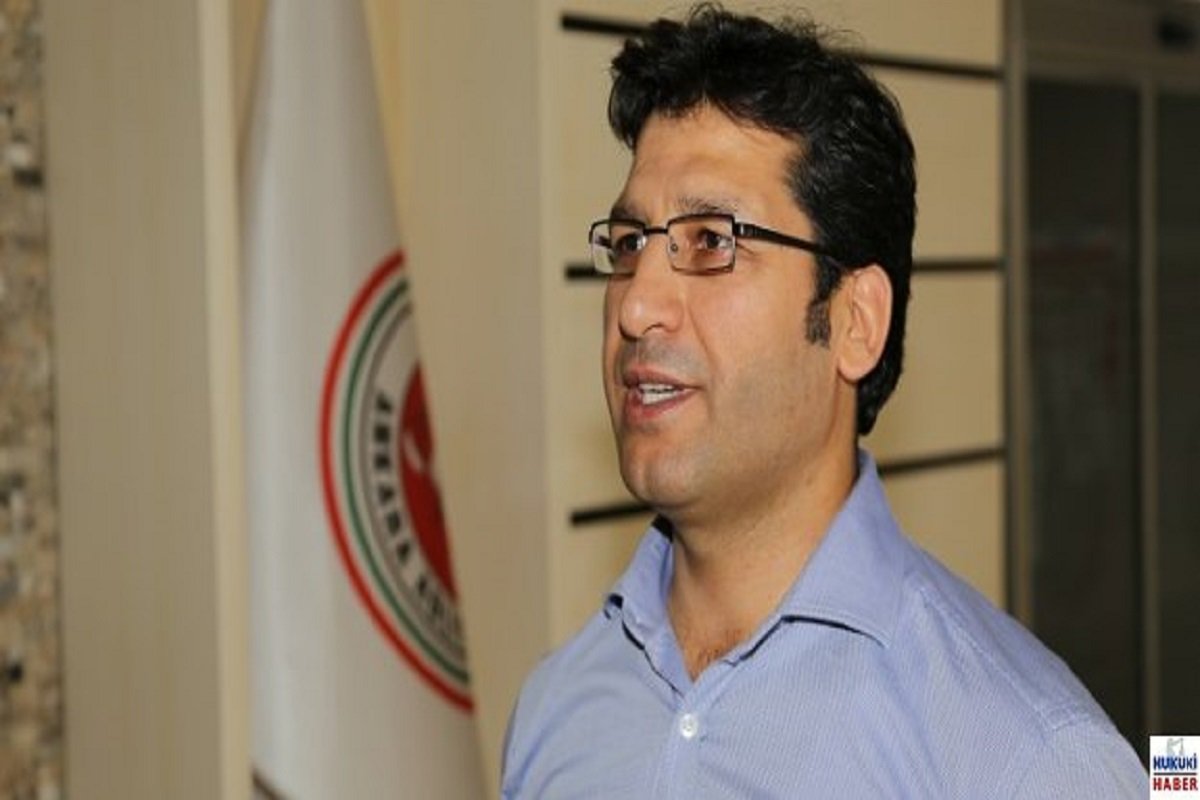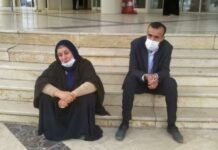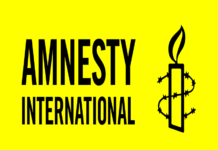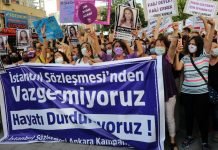Emrah Hızarcı, a former sergeant who was dismissed from the military by an emergency decree as part of Turkey’s post-coup purge of state institutions, was the second victim to have died by suicide in a week.
Hızarcı took his own life in Ankara on Sunday, according to Turkish media reports.
On Friday another purge victim, Ahmet Olgun, a former police officer, died after setting himself on fire in Turkey’s northern province of Ordu. “I’m not a traitor,” he said in a suicide note.
A total of 84 people in Turkey died by suicide as a result of a post-coup purge since 2016, according to datareleased by the Brussels-based human rights monitor Solidarity with OTHERS.
Following the failed coup, the Turkish government declared a state of emergency and carried out a massive purge of state institutions under the pretext of an anti-coup fight. More than 130,000 public servants, including 4,156 judges and prosecutors, as well as 29,444 members of the armed forces were summarily removed from their jobs for alleged membership in or relationships with “terrorist organizations” by emergency decree-laws subject to neither judicial nor parliamentary scrutiny.
The government also shut down 164 media organizations, 1,058 educational institutions and 1,769 NGOs.
Former public servants were not only fired from their jobs; they were also prohibited from working again in the public sector and getting a passport. The government also made it difficult for them to work formally in the private sector. Notes were put on the social security database about dismissed public servants to deter potential employers.
According to a joint report by the Justice for Victims Platform and Gergerlioğlu, the two-year-long state of emergency declared after the failed putsch caused immense suffering among public servants who were dismissed from their jobs by the government as well as their families.
The biggest problem they have been facing is economic hardship (97.9 percent) followed by psychological problems (88.6 percent), loss of social prestige and social exclusion (83.7 percent), the disintegration of social circles (83.1 percent), unemployment/lack of employment (80.4 percent) and lack of social security (73.2 percent).
















